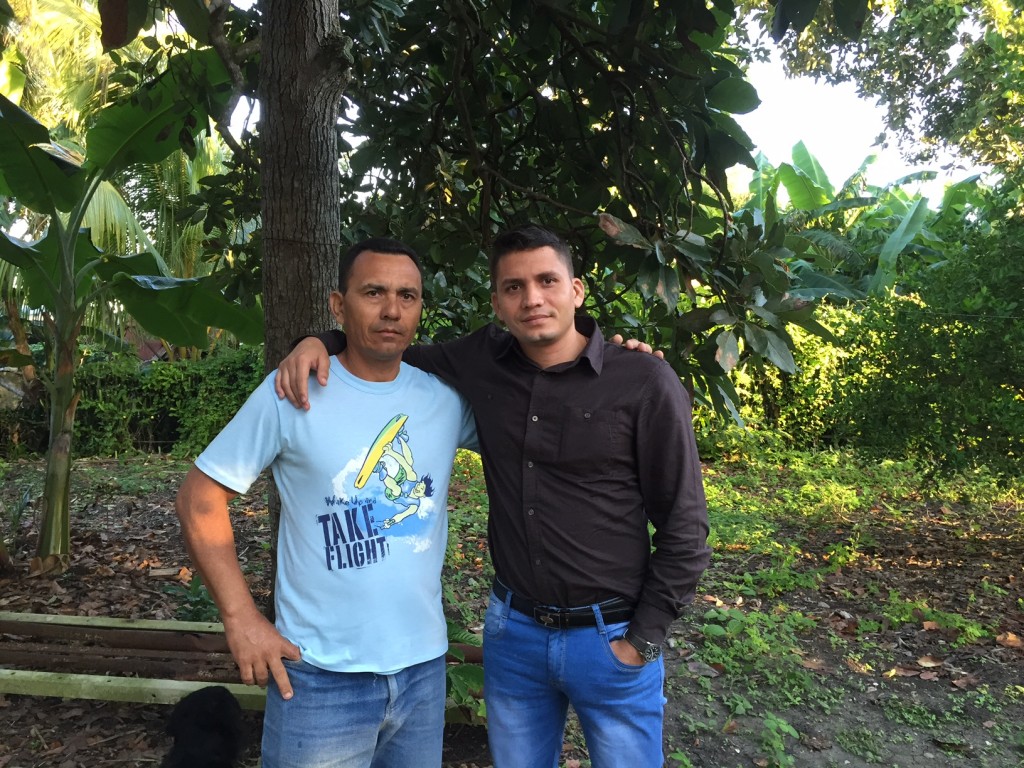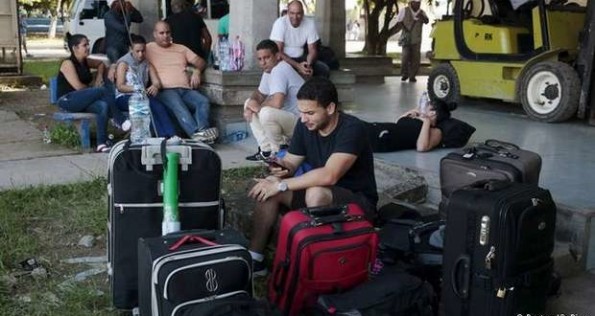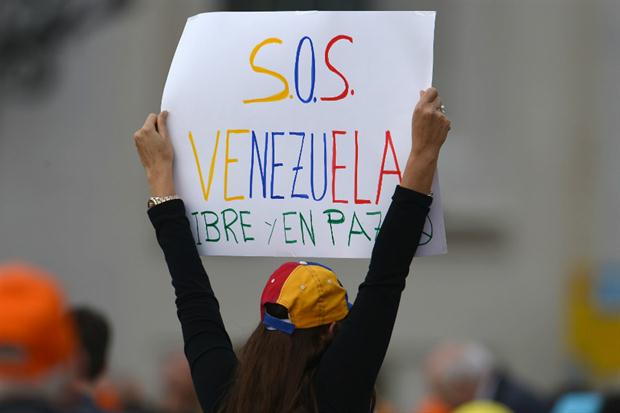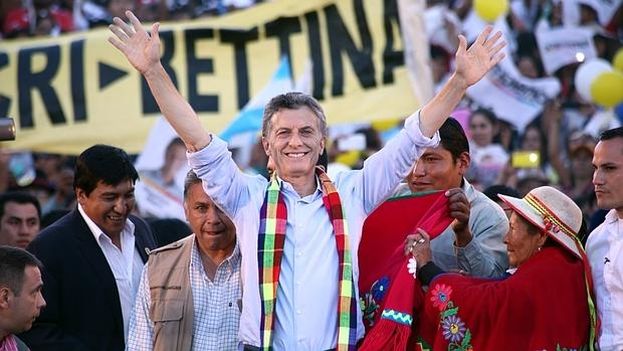Ivan Garcia, 21 December 2015 — December is a month of summing up and partying. And of opening the purse. Yusmel, a private entrepreneur, believes that the tropical winter and the holidays lend a different air to Havana.
“It’s not so hot as in the summer, and the atmosphere smells different. After the government authorized the celebration of Nochebuena [Christmas Eve], decorations are put up in many homes, shops, private businesses and hotels. The capital is in a deplorable physical state, but the decorations and the lights in the Christmas trees beautify it somewhat,” says Yusmel while he drinks a Presidente beer in the cafeteria of the Carlos III Shopping Center.
Esther, a housewife, received US$250 via Western Union from a daughter who lives in Miami. “Thanks to that money, I will be able to have milk, fish and beef, and prepare a feast on 24 December. But the dollars buy less all the time.” continue reading
According to Esther, ten years ago, US$100 dollars sufficed to buy a large amount of food. “But since Fidel put a tax on the dollar, and because of constant price increases, the money drains like water between the fingers. And these (government) people don’t offer discounts, not even at Christmas or New Year’s,” she says, annoyed. She proceeds to list the scandalous prices of beef, cheeses, sausages and seafood that are sold in the state stores in CUCs [Cuban convertible pesos].
In Cuba there are no Black Fridays nor sales. Merchandise remains on the shelves for years. Nor are there special offers for Christmas, or for the 57th anniversary of Fidel Castro taking power.
Jorge, an economist, thinks that business sense in collective societies such as Cuba’s is atrophied. “State corporations don’t care that products aren’t moving. And they do not put on sales even though the majority of those products are obsolete. One example is that of home electronics and television sets. A plasma TV costs 400 CUCs, despite the fact that 100,000 units are assembled per year in Cuba. That same TV in Miami would cost less than US$200.
Eugenia, a history major, sees it from another perspective. “After the triumph of the Revolution, Christmas, Three Kings Day, Holy Week, and other feast days of the Christian Western world were cancelled in Cuba for being considered bourgeois traditions. And if people were allowed to celebrate New Year’s Eve, it was because this coincided with when Fidel assumed power, on 1 January 1959. Now, despite the changes that have been introduced, there is no Christmas culture in State institutions. The official press barely mentions Christmas. And the pricing policy remains intolerable.”
Until Pope John Paul II’s visit in January, 1998, Christmas celebrations on the Island did not have the blessing of the regime. There was a period during which standards copied from the Soviet Union were applied with more rigor. Back then, families such as Luis Alberto’s, would put up their Christmas tree in a back room, so that the little lights wouldn’t give them away to the intransigent president of their local CDR.
“My parents were part of the system. Therefore, they were careful to hide the tree. But the aroma of roast pork on 24 December would give us away. When the CDR members would inquire, we would tell them that we were celebrating early the triumph of the Revolution,” says Luis Alberto, grinning.
Now things have changed. Since 1997, 25 December is a feast day in Cuba. As happens in countries with Catholic traditions, Christmas celebrations can take place with more or less luster, depending on the socioeconomic situation of each family.
On the Island, castes are political. The olive-green mandarins live in another dimension and are untouchable. During the difficult years of the Revolution–which have been almost all of them–the bigwigs would roast pigs on spits and bake stuffed turkeys on 24 December.
While they ate and drank in big style, the majority of the population was cutting sugarcane and saw themselves as forced to hide their old Christmas decorations, and–with the blinds closed–dined on rice and black beans, boiled yuca (the people did not always have garlic, onion and lemon for the mojo sauce) and, maybe, a small piece of pork.
Those were the days when Fidel Castro would gift his inner circle with roast pigs, boxes of beer, bottles of wine and baskets filled with apples, grapes, and bars of turrones** from Spain. Today those who retain power continue to celebrate the holidays in full finery.
Lately to the government elite has been added another: the embryo of an upper middle class. These personages buy frozen turkeys at $45 or $50 apiece, wines, and high-quality turrones.*
Most are prosperous private entrepreneurs, artists and famous sports figures, citizens who receive remittances greater than $200/month, or members of a caste of white-collar thieves who steal from the state purse.
Next are those who can prepare a more or less decent Christmas feast, because their small businesses (legal or not) provide them the means to do so. They are employees or managers of mixed enterprises and tourist attractions, or underground workers in the black market.
And last, the same old poor. That majority segment of the population, inheritors of the socialized misery implanted by Fidel Castro, who humbly celebrate Nochebuena.
Iván García
Originally published in HispanoPost.Com, 20 December 2015.
Translator’s Notes:
* Plural of turrón, a Christmas sweet made of almonds and honey, similar to marzipan or nougat.
Translated by: Alicia Barraqué Ellison


























